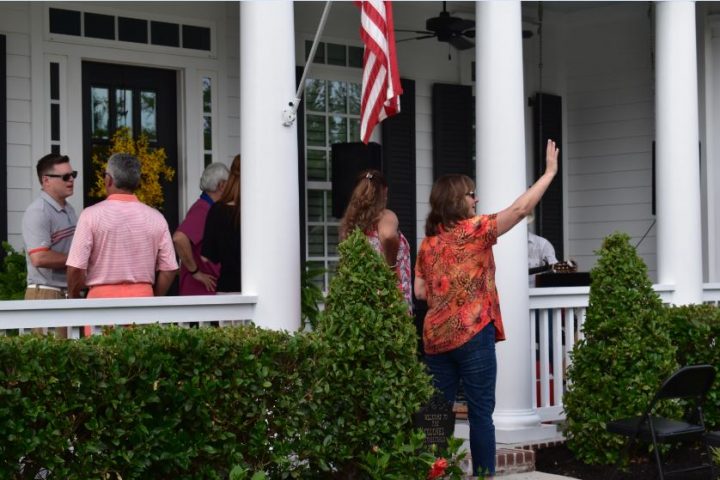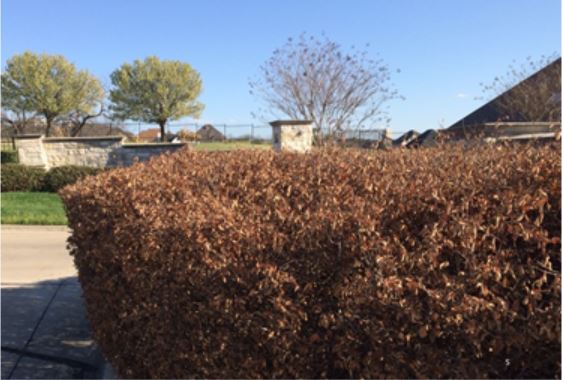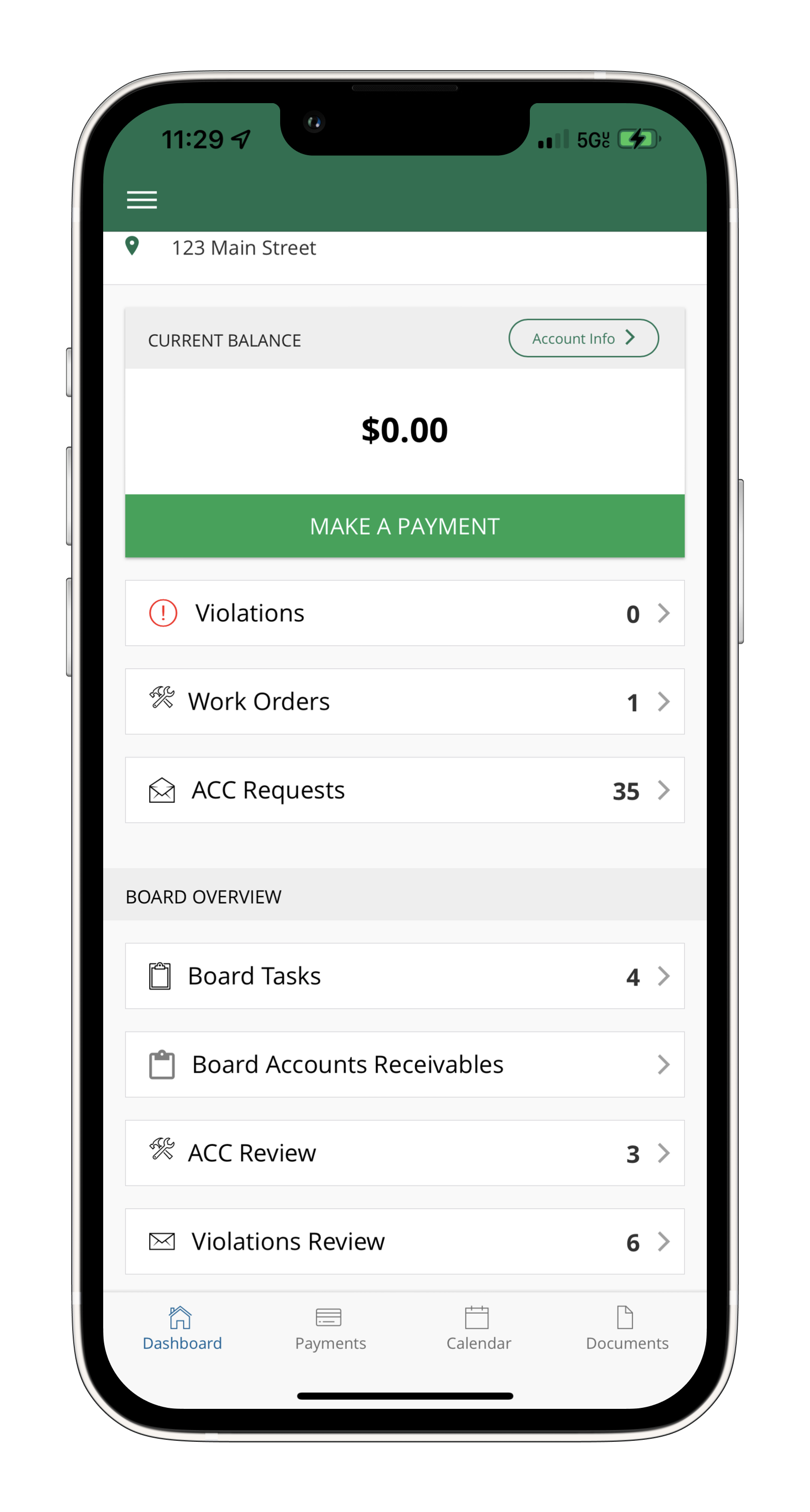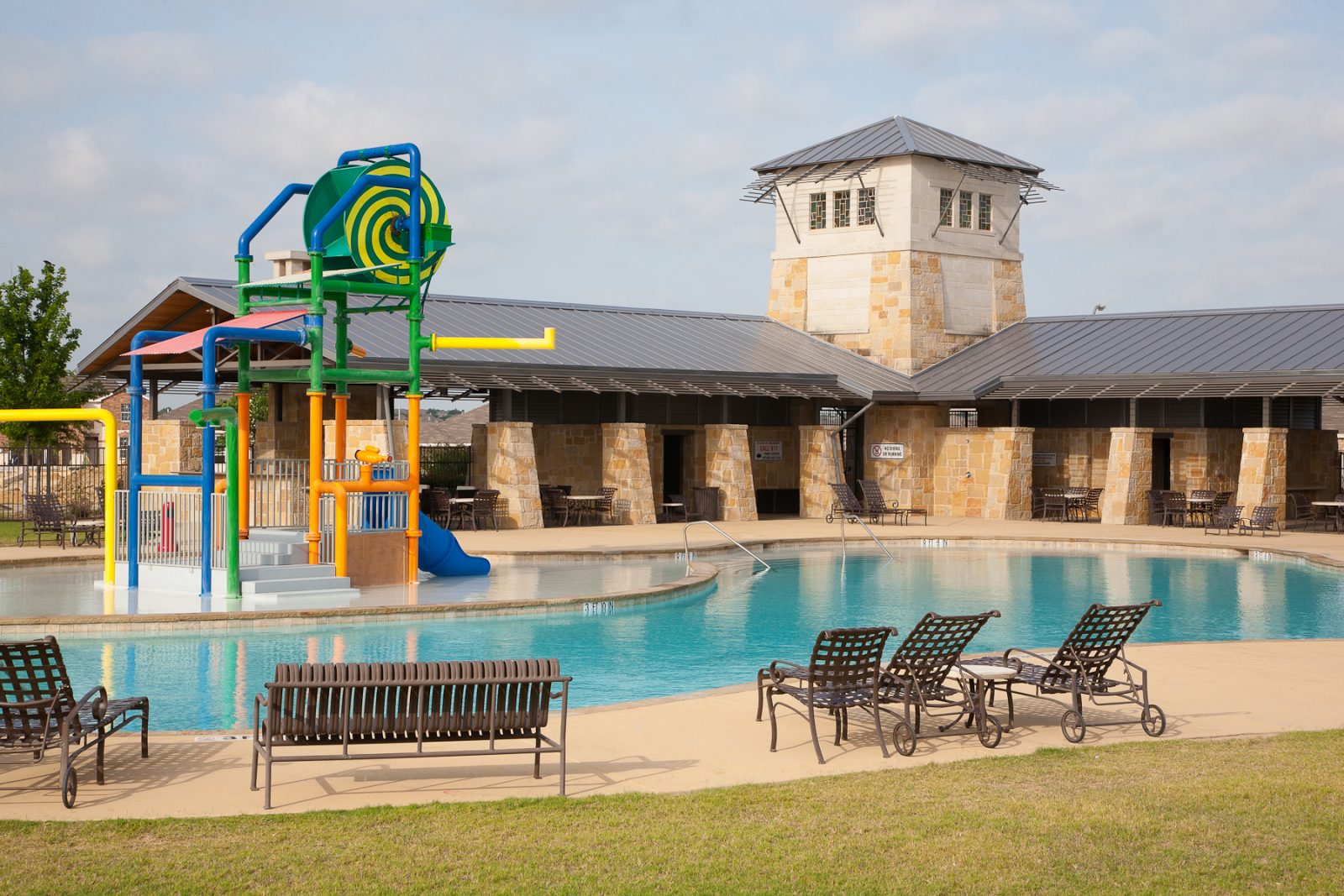
What Do Experts Say about Maintaining HOA Common Area Assets? {Video Series}
October 1, 2018
4 Things You Must Do to Run a Productive HOA Board Meeting
October 15, 2018
Residents need to be able to anticipate being comfortable before they will want to attend an event. How do you make them comfortable? Describe just enough of the event’s location and activities to give them an idea of what to expect. Make sure to communicate what refreshments will be available, how they will be purchased by your residents, or if they are provided at no charge. Also, make sure the set-up will be physically comfortable; adequate seating is a must, but so is flow. Your attendees need to be able to move about easily. Cozy is good; cramped is not. However, too much space is as much of a problem as too little. If your guests are very spread out, they won’t interact. Residents will feel isolated, and some will leave.
Timing is Everything
If you’re up against a deadline to RSVP or coming up on a big event, it’s a good idea to send a countdown-theme email for three or four days prior.
Be sure to give enough lead time for your activities so your residents can schedule being there. Three to four weeks is ideal, especially in the spring and fall, when many people are busiest. Summer events can be hit or miss with turnout: summer travel can reduce the number of residents at home to attend an activity, and extreme heat can dampen enthusiasm about attending an outdoor event. Pool and water-related activities will appeal to most residents, but scheduling them at the beginning of the summer is optimal, as they tend to lose their drawing power as the summer heat continues. During the winter, you will face heavy competition from work, school, and church parties during the holiday season, so be sure to book your vendors early and let your residents know to save the date well in advance. Turnout will also be affected by holiday travel plans, so the earlier in December you hold your event, the better.
Communication is Key
Make use of your community’s social media platform of choice, and sell your event! Tell your residents why they shouldn’t miss this activity! Use an event-appropriate graphic to draw attention to your post; text-only posts can easily go unnoticed. Pay attention to when you post your information, as well – you’ll want to post it during times of heavy use (not Monday at 7 am). Follow up with multiple email blasts to reach those who may miss it or who don’t utilize social media. People are busy, they get tons of email, and it’s easy to miss one or two. It’s better for them to receive the information several times than to never see it at all and miss out on an event they would have loved to attend. If you’re up against a deadline to RSVP or coming up on a big event, it’s a good idea to send a countdown-theme email for three or four days prior.
Food for Thought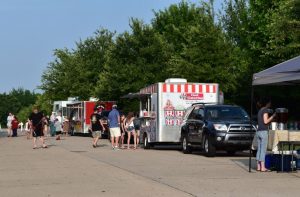
It’s not necessary to have a lavish spread at every event, but no one wants to attend a gathering with no refreshments! Does your event have a theme? Go with a menu that’s a match for it. Food trucks are also popular options at large public events right now, and while they allow your guests a choice in refreshments, be aware that most will require a minimum-purchase guarantee. This means that if your residents don’t spend a pre-specified amount with a particular vendor, the HOA is on the hook for the remaining amount. If you have the funds available in your budget to cover that possibility – great! If not, be very careful about booking with a food truck that has a minimum purchase amount that you might have trouble meeting.
Residential Resources
Be sure to note comments or feedback you receive from your residents. While you will get a fair number of suggestions that you won’t be able to use (“Why don’t we arrange for Barnum and Bailey Circus to bring their elephants to the park area for our kids to ride? For free!”), there will be helpful information offered that could make the next event more successful. Your residents are a great resource of new activity ideas, and some may even have connections that can help make things happen. If they are invested in the event, they’ll help you with word-of-mouth buzz to the rest of the community, as well. When residents feel both connected and valued in their community, they typically are enthusiastic about supporting your efforts and excited about attending neighborhood events.
 Jamie Spence
Jamie Spence
Owner of Next Door Neighborhood Events, LLC.
After years of working in the hospitality industry and corporate event planning, Jamie was hired by a residential developer to help create community in a new neighborhood. She found herself trying new ideas and finding budget-friendly ways to help neighbors connect and put her employer in the best light. She’s now an independent contractor working with multiple developers and association management companies, helping make their jobs easier by creating positive interaction with their residents. “Great communities are a result of essentially two things: communication and connection.”
www.neighborevents.com

